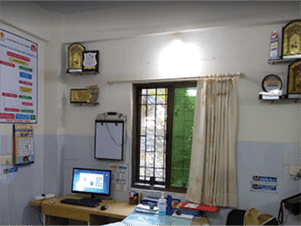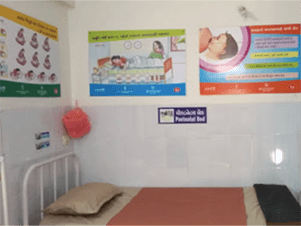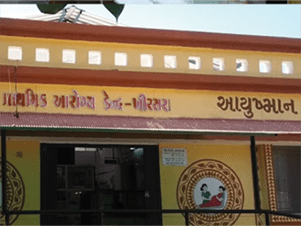Rural Healthcare
Project Brief
Design Rural Medical system which is User Centric Design, a convinient product supported by a system that assures about the Identification & diagnosis of diseases, and hence is a viable for the most of the locations. Ideal assistant for underexperienced doctors or junior doctors who generally practice in rural areas of India.
| Role | Product Designer/ Product Researcher/ Prototyping/ User Experience/ User Interface |
| Timeline | 4 Months |
| Skills | Research, product design, system design, service design, concept development, prototype testing |
| Tools | Figma, Rhino 3D, Fusion 360, Keyshot 3D, Adobe Suite |
Designing a medical product supported by a system for the inaccessible and rural regions of india, in order to support and extend the reach of the existing medical system.
Design & develop system for rural health care catering remote regions of country to support & link existing establishment. A convenient product that enables digitisation and diagnostics for common diseases.
Scenario
Total area of Gujarat is 1,96,244 km² including 1,88,838.60 km² rural area and 7,405.40 km² urban area. Gujarat has a population of 6,04,39,692 peoples. There are 1,22,48,428 houses in the state.

What is disease
Any malfunctioning process which interferes with the normal functioning of the body is called a disease.
Types of common diseases mapped as per triage:

Current rural facilities:
Location: Gujarat, India




Challenges:
Facilities for diagnosing and treating these disorders are often not available in rural areas, resulting in late diagnosis and treatment.
NCDs are typically treated by physicians with advanced level of training; since such physicians are not accessible to villagers, the best way to treat NCDs at the village level needs to be understood.
NCD- Non communicable diseases
Inferences:
The existing health care inequalities in the availability of India’s healthcare are supposed to be as large as India’s own population.
About 75% of health infrastructure, medical manpower, and other health resources are concentrated in urban areas where 27% of the populations live.
About 72% of population lives in Rural areas, which are under the below the poverty line and have limited access to health care services and facilities.
Concept Development:
- Service correlated with medical equipment and other medical facilities.
- Assessment & analysis of the data collected with the help of the product.
- Treatment and diagnostics with the help of the system.
- Divided the criticalities according to the triage system.
- Guidance for the treatment
- Consultation for further treatment
- Vernacularity
- Collects patient’s history, medical history
System Solution:
- An ecosystem that helps in diagnostics from the data provided by service and product.
- Contributes in treatment through service and product.
- Details about nearby medical store would be provided if asked
- Collaboration with general physician, diabetician, cardiologist, gynecologist, neurologist, endocrinologist, urologist & etc.
- Divides the method into 3 segments as per the criticality of the diseases, Red (Most critical), Yellow, (moderate critical), Green (Least critical).
- Virtual appointments would be booked
Service Solution:
- Assesment & analysis of the data collected with the help of product.
- Treatment and diagnostics with the help of system.
- Divided the criticalities according to triage system.
- Guidance for the treatment
- Consultation for further treatment
- Vernacularity
- Collects Patient History, Medical History
- Collects patient’s personal data
System Design

INFORMATION ARCHITECTURE


Wireframes
UI Design Frames
Design
Equipment kit with device connected to rural healthcare app







































